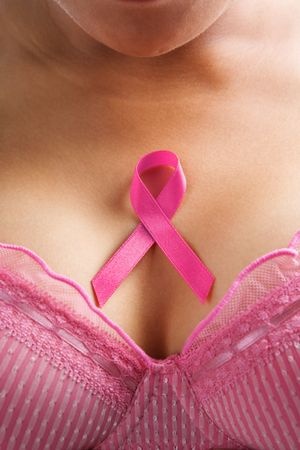
Reducing the risk of breast cancer is an important goal and one most women can achieve. Although not every risk factor can be avoided, making a few healthy lifestyle changes can lower your chances of developing breast cancer.
Out of the nearly 250,000 cases of breast cancer diagnosed in this country each year, only 10 percent or fewer are hereditary. Other breast cancer risk factors that can’t be changed include sex (women are approximately 100 times more likely to have breast cancer than men) and aging. Breast cancer risk climbs with age and two out of every 3 invasive breast cancers are diagnosed in women age 55 or older.
While it is impossible to eliminate all risks, the following steps can improve your health and decrease the risk of breast cancer:
- Increase your activity –brisk walking for 1.25 to 2.5 hours a week can reduce breast cancer risk by 18 percent and regular, vigorous exercise can lower your chances of getting breast cancer by an impressive 25 percent
- Take a stand – scientific studies show sitting for long stretches of time raises the risk of breast cancer. Look for ways to break free of your desk and shake up your routine. Take a walk around the office every hour, turn your lunch hour into an exercise session, take the stairs and purchase a pedometer and aim to log 10,000 steps a day
- Limit alcoholic beverages – women who drink just 3 alcoholic drinks per week are 15 percent more likely to develop breast cancer than women who don’t
- Breastfeed – some studies have shown breastfeeding can slightly reduce the risk of breast cancer, especially when a woman breastfeeds for at least six months. Talk with your OBGYN about the health benefits of breastfeeding for you and your baby
No actions can guarantee you won’t get breast cancer, but limiting the risk factors associated with breast cancer is a good place to start. Screenings such as routine mammogram, breast self-exam and clinical breast exams performed by your gynecologist are valuable tools for early detection of breast cancer.
There are conflicting guidelines on when to have your first mammogram and how often screenings should be done. Most leading medical groups recommend mammograms start around age 40-45. Ask your gynecologist for a personal recommendation based on your age, family history and other important health considerations.





